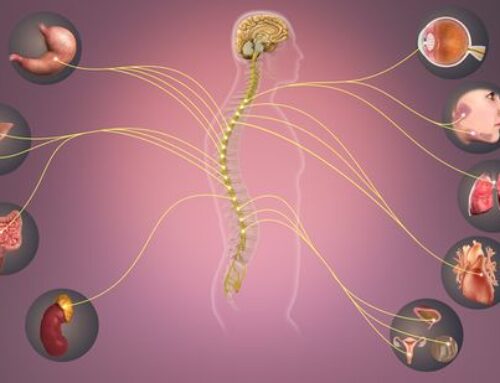Anger is a natural and valid emotion, but when it goes unrecognized or unmanaged, it can become a major source of disconnection in relationships. Whether it’s with a partner, friend, colleague, or family member, unchecked anger can erode trust, shut down communication, and lead to patterns of defensiveness or avoidance.
Many people aren’t aware of how often anger is actually masking deeper emotions—like hurt, fear, disappointment, or shame. When those underlying feelings aren’t acknowledged, anger can show up as criticism, withdrawal, sarcasm, yelling, or passive-aggressive behavior. Over time, these reactions can create emotional distance and relational strain.
How Anger Shows Up in Relationships
-
Frequent arguments that escalate quickly
-
Feeling misunderstood or dismissed
-
Holding grudges or replaying past conflicts
-
Silent treatment or emotional shutdown
-
A cycle of blame and defensiveness
Even when intentions are good, repeated patterns of reactive anger can cause lasting damage. It becomes harder to feel safe, heard, or connected when one or both people are walking on eggshells.
Tips for Managing Anger in Relationships
-
Pause Before Responding – Taking a few breaths or stepping away temporarily can prevent words or actions you might regret.
-
Name What’s Underneath – Ask yourself: “What am I really feeling right now?” Anger often hides sadness, fear, or rejection.
-
Use “I” Statements – Speak from your experience: “I feel hurt when…” rather than “You always…”
-
Practice Active Listening – Resist the urge to interrupt or defend. Try to really understand the other person’s perspective.
-
Take Responsibility – Own your part in the conflict without blaming or shaming.
-
Set Healthy Boundaries – If anger tends to boil over, agree on a plan for when to pause or return to the conversation later.
-
Revisit the Conversation – Repair is key. Follow up when both people are calmer to reflect on what happened and how to do it differently.
-
Seek Support if Needed – Sometimes patterns run deep. Individual or couples therapy can help unpack triggers and rebuild connection.
Anger itself isn’t the enemy. It’s a signal—often pointing to a boundary that’s been crossed or a need that hasn’t been met. Learning to express anger with clarity and care can actually strengthen relationships. It takes practice, but healing is possible.





